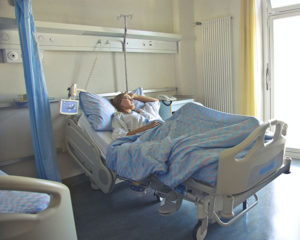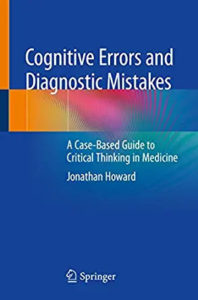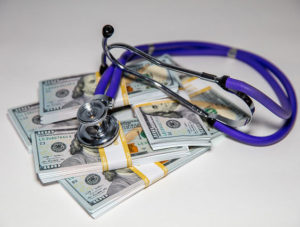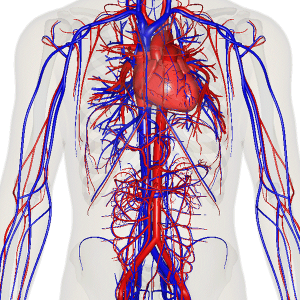Tag
bias
-
Bias or comorbidity? Risk factors for respiratory disease aren’t always what they seem
By this point, anyone who’s been covering or following COVID-19 knows that several comorbidities substantially increase the risk of complications…

-
Keep an eye out for lead-time bias with COVID-19 deaths
Lead time bias is a well-recognized challenge especially when it comes to studies and statistics looking at cancer screenings. As…

-
Book on cognitive biases and logical fallacies particularly relevant during pandemic
I’m pretty sure Jonathan Howard, M.D., is not psychic — but I’m not 100% sure. After all, almost nothing in…

-
Could financial conflicts be influencing cancer care guidelines?
Physicians in all fields of medicine rely on guidelines developed by professional medical organizations to inform how they care for…

-
Spin happens: How we cover medical studies affects readers’ attitude toward results
How much does the way you cover a study matter? If we judge that question on the basis of how…

-
Tylenol, antibiotics and asthma risk: Confounding by indication case study 3
I’ve discussed in previous blog posts ways in which confounding by indication can completely change the way observational research is…

-
Confounding by indication case study 2: Hormonal contraception and risk of depression
I wrote in a previous blog about the importance of understanding confounding by indication and being sure to ask researchers…

-
New data resource on NSQIP database can inform coverage of relevant medical studies
More than 1,500 peer-reviewed studies have relied on a surgical database known as the National Surgical Quality Improvement Program (NSQIP),…

-
Covering vascular surgery? Watch for selection bias in this database
If you cover medical research related to vascular procedures and conditions, you’ve likely come across studies using data from the…

-
New tip sheet expands on HealthNewsReview.org criteria
The first AHCJ conference I ever attended was in 2011 in Philadelphia. I had only recently learned about the organization…










